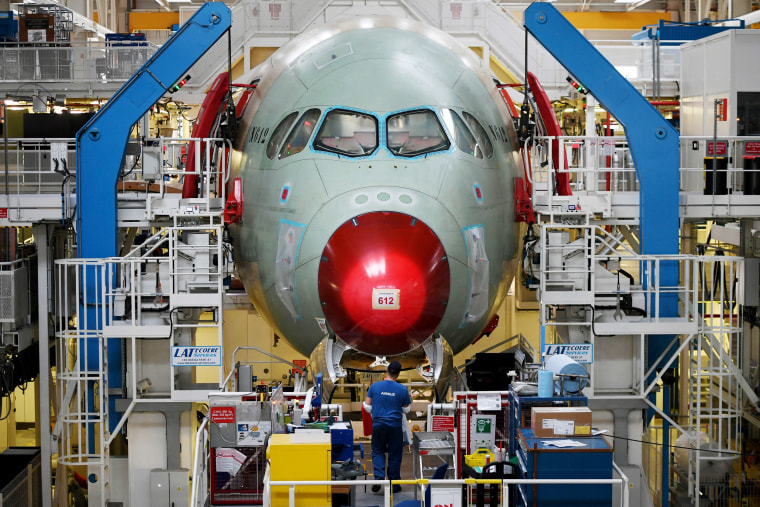In a recent development that has sent shockwaves across the aviation industry, the Federal Aviation Administration (FAA) has raised concerns regarding the use of counterfeit titanium in planes manufactured by Boeing and Airbus. The implications of this revelation are significant, as titanium is a crucial material used in the construction of aircraft due to its strength, lightweight properties, and resistance to corrosion.
While both Boeing and Airbus are renowned for their stringent quality control measures and adherence to safety standards, the FAA’s investigation has uncovered instances where counterfeit titanium may have been unknowingly used in aircraft components. This discovery has raised questions about the integrity of the supply chain and the need for enhanced scrutiny and verification processes to ensure the authenticity of materials used in aircraft manufacturing.
The use of counterfeit materials in aviation poses a serious risk to flight safety and raises concerns about the reliability and durability of aircraft components. Given the high-stakes nature of the aviation industry, any compromise in the quality of materials used in aircraft manufacturing can have far-reaching consequences, impacting not only the safety of passengers and crew but also the reputation and financial stability of manufacturers.
The implications of the FAA’s findings extend beyond the immediate concerns of Boeing and Airbus, as they highlight broader issues related to supply chain transparency, quality assurance, and regulatory oversight in the aerospace sector. The use of counterfeit materials not only undermines the trust and credibility of manufacturers but also jeopardizes the safety and airworthiness of aircraft.
In response to the FAA’s findings, both Boeing and Airbus have committed to conducting thorough inspections and audits of their supply chains to identify any potential instances of counterfeit titanium usage. These measures are aimed at reassuring regulators, airlines, and the flying public of the manufacturers’ commitment to upholding the highest standards of quality and safety in aircraft production.
The revelation of counterfeit titanium usage in aircraft manufactured by Boeing and Airbus serves as a stark reminder of the complex challenges facing the aviation industry in ensuring the integrity of materials used in aircraft construction. It underscores the need for continuous vigilance, stringent quality control measures, and collaboration between manufacturers, regulators, and suppliers to maintain the highest standards of safety and reliability in aviation.
As the investigation into the use of counterfeit titanium unfolds, it is essential for all stakeholders in the aviation industry to learn from this incident and work together to strengthen the oversight and transparency of the aerospace supply chain. By enhancing quality assurance processes, fostering greater accountability, and prioritizing safety above all else, manufacturers can mitigate the risks associated with counterfeit materials and uphold their commitment to excellence in aircraft manufacturing.


























